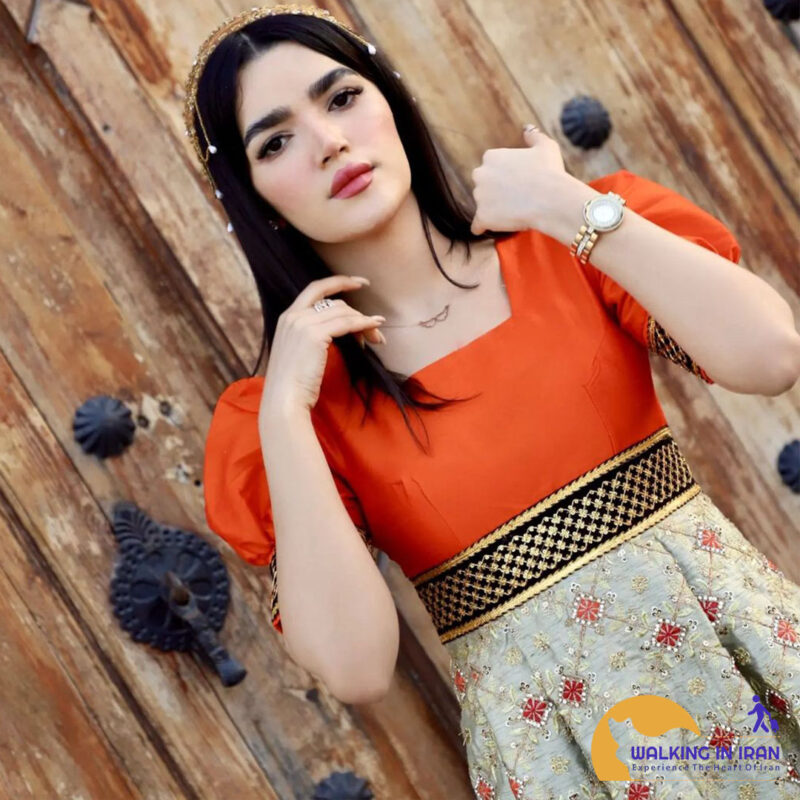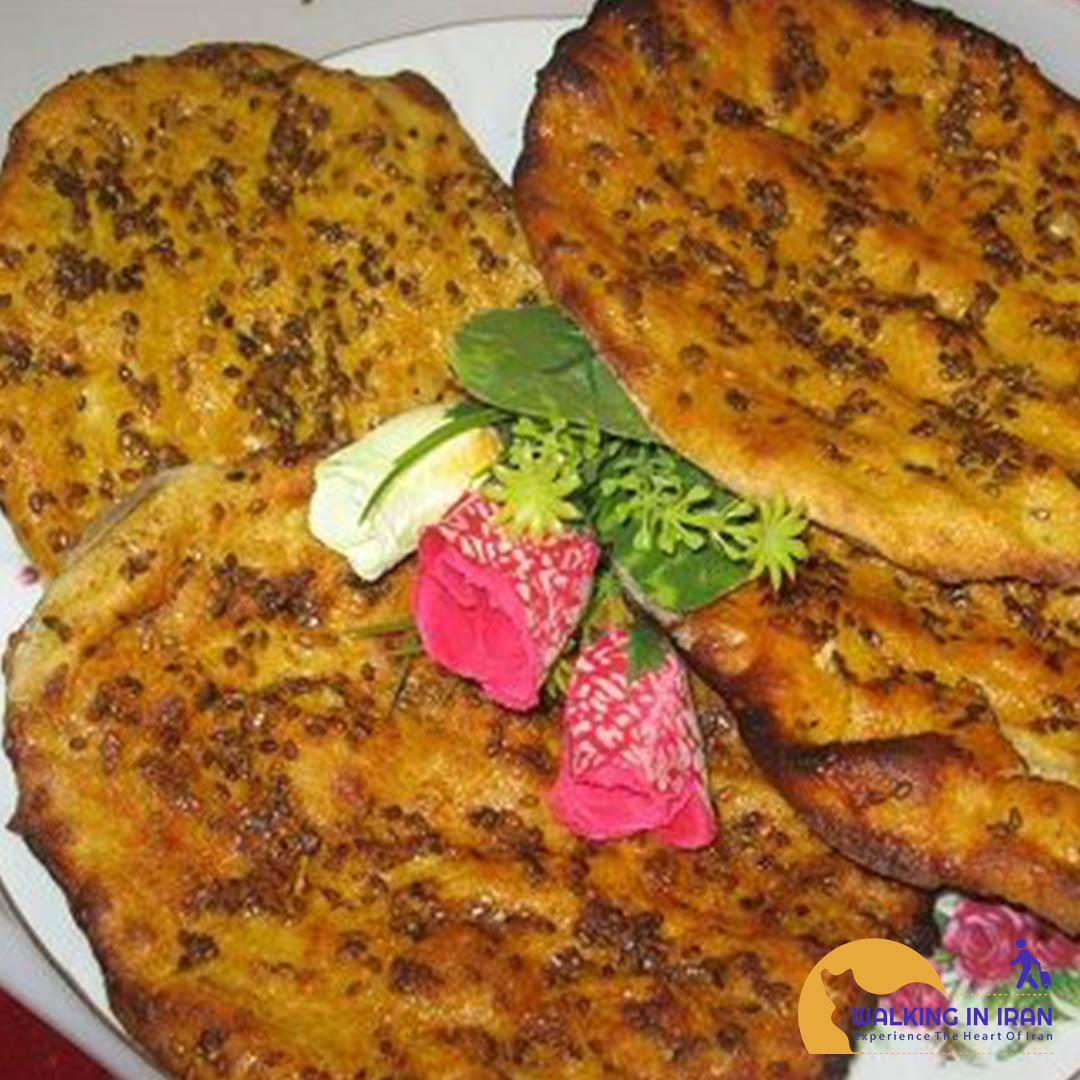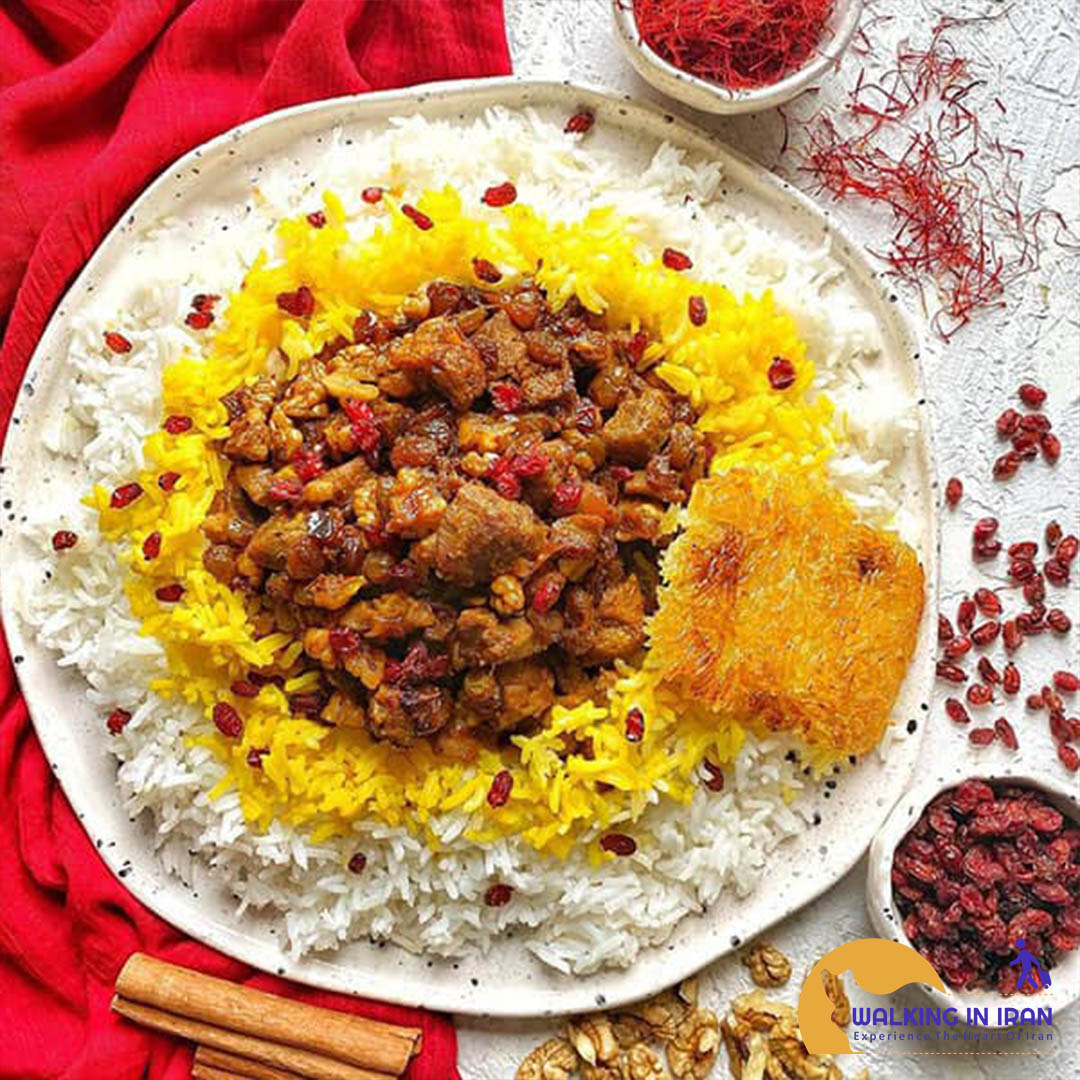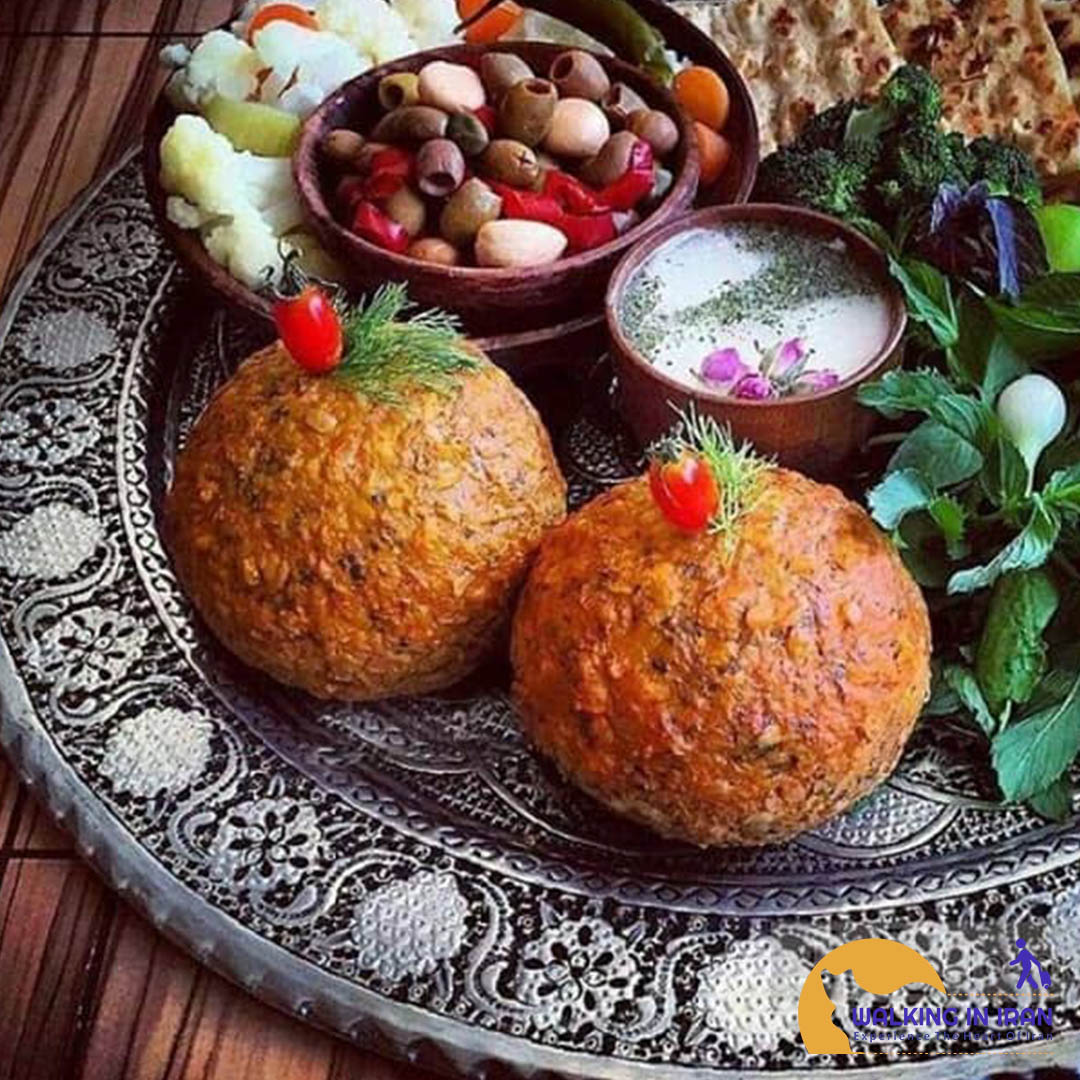The art of broad weaving in Iran: a legacy of weaving
Wide weaving is one of the original and ancient handicrafts of Iran, in which thick woolen fabrics are produced for sewing clothes and various textiles. This art has been very popular in the past and has been used in many regions of Iran, especially in cold regions, to produce warm winter clothes.
A broad history of weaving
The broad roots of weaving in Iran go back to ancient times. At that time, people needed to produce warm and thick fabrics to protect themselves from the cold and harsh weather conditions. Over time, broadcloth weaving developed as a handicraft and various designs and patterns were woven on the broadcloth.
Materials and tools used in wide weaving
- Wool: The most important raw material for weaving is wool. Sheep, camel and goat wool are among the wools used in this art.
- Dar: Carpet dar is one of the main tools of wide weaving. Using a loom, threads and wefts are woven together and fabric is produced.
- Maqiz: It is a wooden or metal device that is used to stretch the strings and create tension in them.
- Comb: It is used to compress the wefts and create a uniform surface on the fabric.
Broad weaving process - Preparation of wool: wool is washed, dried and spun to become yarn.
- Adjusted frame: the strings are stretched on the frame with a certain distance.
- Weaving: using a comb and a comb, the wefts are woven around the threads and the fabric is formed.
- Designing: various designs such as stripes, checkered, floral and geometric are woven on the fabric.
Wide applications - Sewing clothes: wide is used to sew warm winter clothes such as coats, jackets, skirts and pants.
- Bedding production: wide is used for the production of bedding, quilts and mattresses.
- Home decoration: Wides with beautiful designs are used for home decoration, such as tablecloths and pillowcases.




Join The Discussion